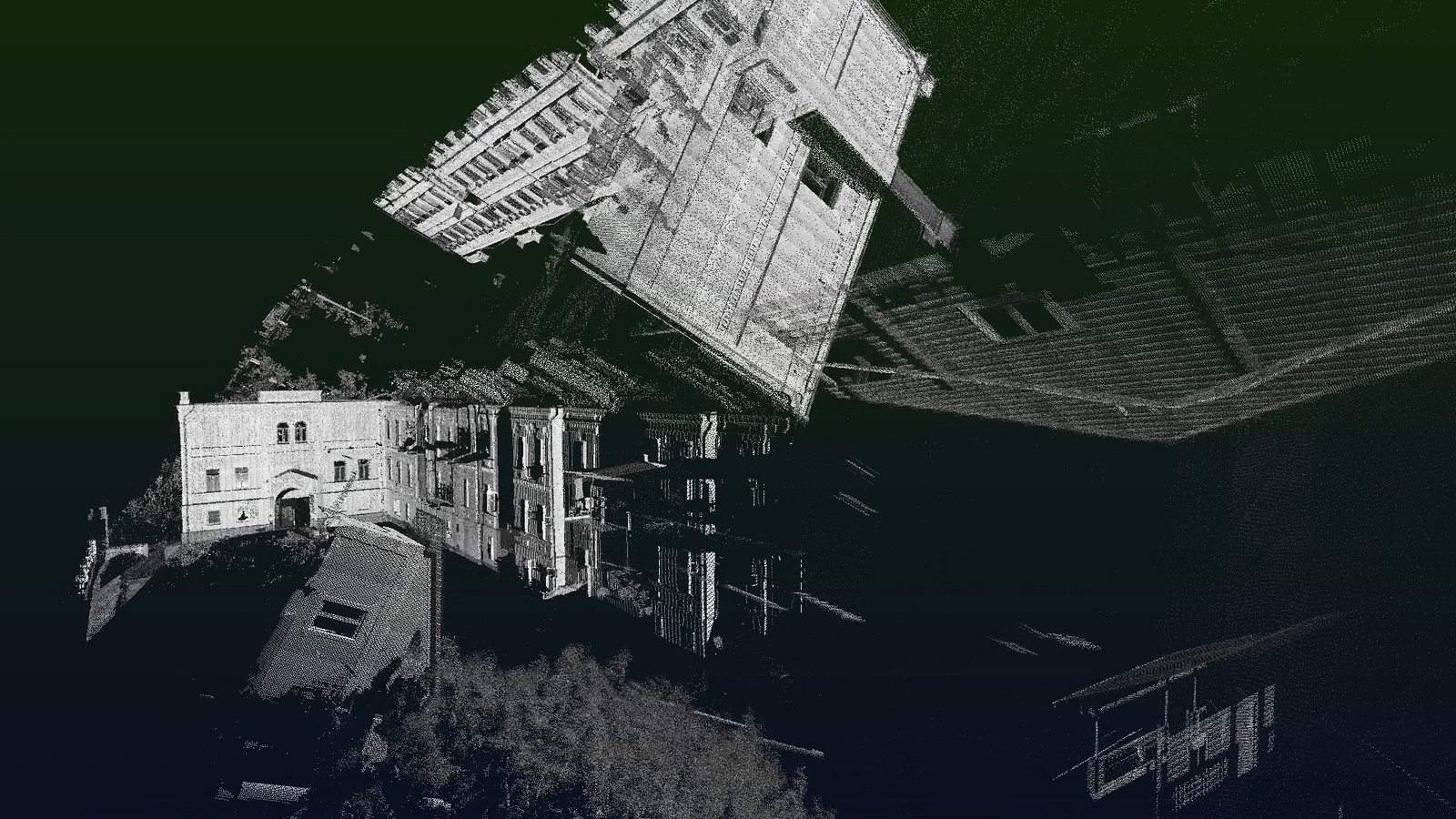The State of the Moving Image
Panel 2
Altering Visuality: Digital Image and Technopolitics
Date
Saturday, September 18, 2021, 10am–12pm EST
With: Irmgard Emmelhainz (moderator), Bahar Noorizadeh, Raqs Media Collective, Yang Beichen
How do technological shifts and the digital vernacular impact artists’ filmmaking, and in what ways do moving-image artists investigate and question mechanisms of control? This panel addresses the new language through which artists explore altering technologies of visualization of the world, in order to provide a counter-knowledge and open new venues for imagination and cognition. Strategies of visualization, including vertical/drone imagery, audiovisual and media surveillance, geoscanning, and digital simulations will be discussed as tools for both, exercising state and corporate power, and undermining principles of control. The biopolitical and epistemological functions of new technologies will be addressed in regard to truth-claims and political critique embedded into artists’ films.
“Altering Visuality: Digital Image and Technopolitics” is the second of six panels in the online symposium The State of the Moving Image curated by Lukas Brasiskis, taking place this September 17–19 on e-flux Video & Film, and accompanied by the screening program An Other Cinema: Apparatus and Histories (streaming September 6–20).
Irmgard Emmelhainz is an independent translator, writer, researcher, and lecturer based in Mexico City. Her book Jean-Luc Godard’s Political Filmmaking was published by Palgrave MacMillan in 2019. The translated expanded version of The Tyranny of Common Sense: Mexico’s Neoliberal Conversion is coming out this fall with SUNY Press, and so is Toxic Loves, Impossible Futures: Feminist Lives as Resistance (Vanderbilt). She is a member of the SNCA in Mexico (National System for Arts Creators).
Bahar Noorizadeh is a filmmaker, writer, and platform designer. She works on the reformulation of hegemonic time narratives as they collapse in the face of speculation: philosophical, financial, legal, futural, etc. Noorizadeh is the founder of Weird Economies, an online art platform that traces economic imaginaries extraordinary to financial arrangements of our time. Her work has appeared at the German Pavilion, Venice Architecture Biennial 2021, Tate Modern Artists’ Cinema Program, Transmediale Festival, DIS Art platform, Berlinale Forum Expanded, and Geneva Biennale of Moving Images among others. She is pursuing her work as a PhD candidate in Art at Goldsmiths, University of London where she holds a SSHRC Doctoral Fellowship.
Raqs Media Collective was formed in 1992 in Delhi, India by Monica Narula, Jeebesh Bagchi, and Shuddhabrata Sengupta. The word “raqs” in several languages denotes an intensification of awareness and presence attained by whirling, turning, being in a state of revolution. Raqs Media Collective take this sense to mean “kinetic contemplation” and a restless entanglement with the world, and with time. Raqs enlists objects such as an early-modern tiger-automata from Southern India, or a biscuit from the Paris Commune, or a cup salvaged from an ancient Mediterranean shipwreck, to turn them into devices to sniff and taste time. Devices are deployed thus in order to undertake historical subterfuge and philosophical queries. Raqs practices across several media; making installation, sculpture, video, performance, text, lexica, and curation. The members of Raqs Media Collective live and work in Delhi, India. In 2001, they co-founded the Sarai program at CSDS New Delhi and ran it for a decade, where they also edited the Sarai Reader series. They were the Artistic Directors for the recently concluded Yokohama Triennale 2020, Afterglow, where they developed sources around toxicity, care, and the luminosity of friendship.
Yang Beichen is a curator and scholar of film and contemporary art. He is currently a member of the Thought Council at the Fondazione Prada (Milan and Venice), a guest researcher at the New Century Art Foundation (Beijing and Shanghai), and a contributing editor of Artforum China. He lectures on film and media studies at the Central Academy of Drama (Beijing). His curatorial practices correspond with his multidisciplinary academic approaches, as in his exhibtions New Metallurgists (Julia Stoschek Collection, Düsseldorf), Earthbound Cosmology (Qiao Space, Shanghai), Micro-Era (Nationalgalerie, Berlin). He curated three research-based exhibitions at the New Century Contemporary Art Foundation from 2019 to 2021: Anti-Projection: Media Sculptures in Early Chinese Video Art, Embodied Mirror: Performances in Chinese Video Art, Polyphonic Strategies: The Moving Image and its Expanded Field. His recent projects include co-curating the Guangzhou Image Triennial 2021 (Guangdong Museum of Art, Guangzhou), and participating as researcher-at-large in the exhibition project Socialist Realism at the V-A-C Foundation (Moscow). He has contributed critical essays for the catalogues of artists such as Cao Fei, Laure Prouvost, Omer Fast, and Ho Tzu Nyen among others.
For more information, contact program@e-flux.com.

